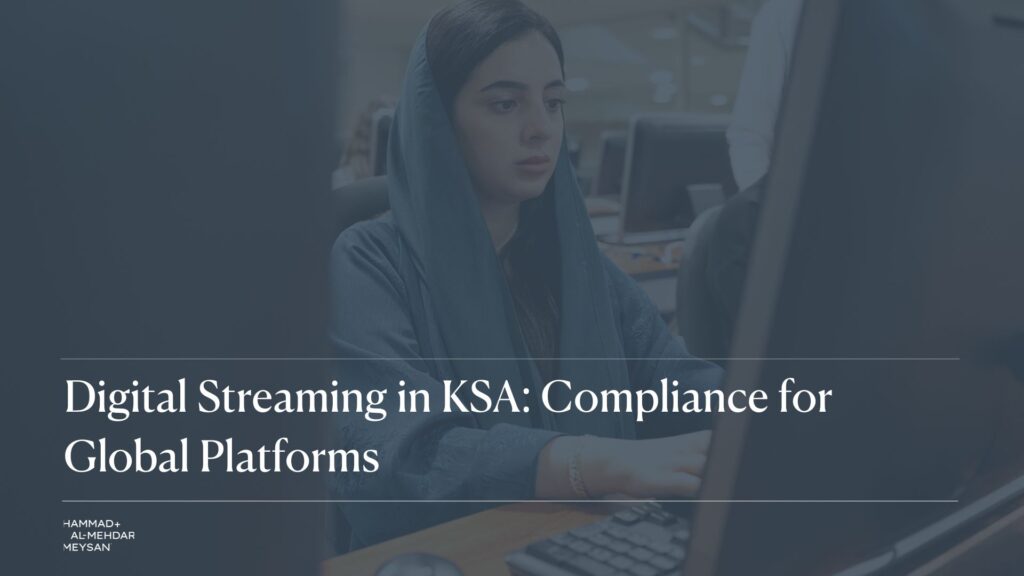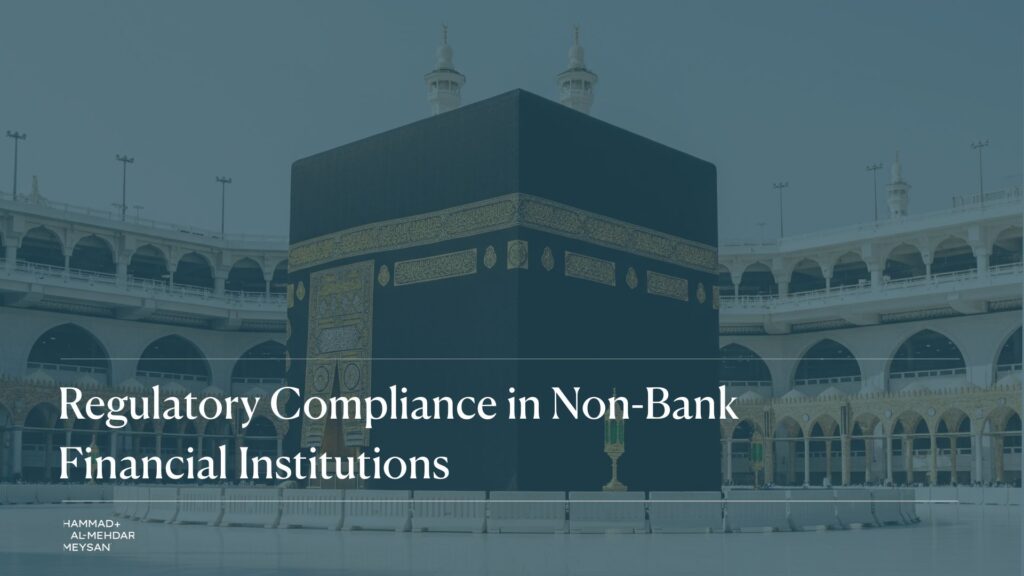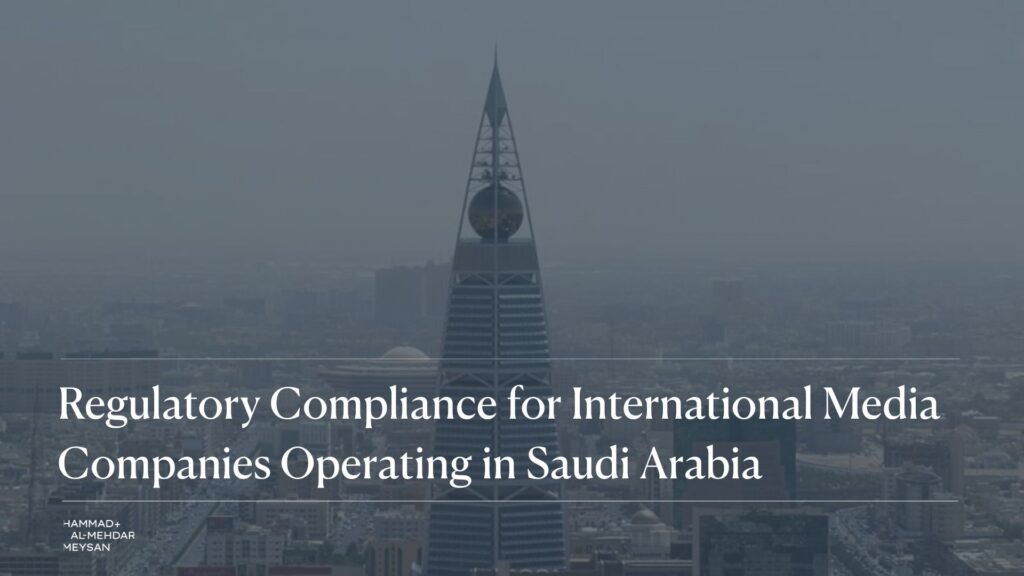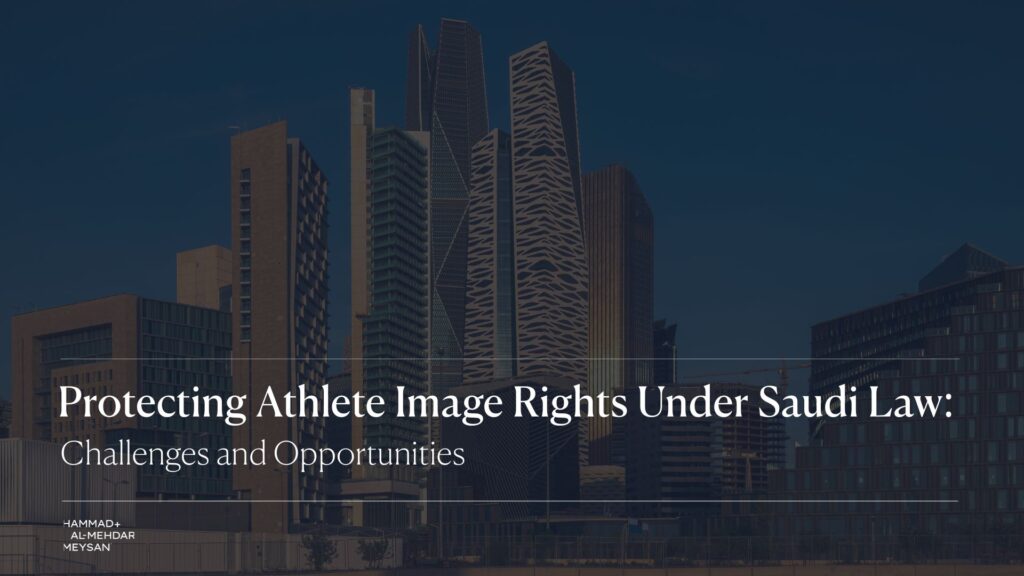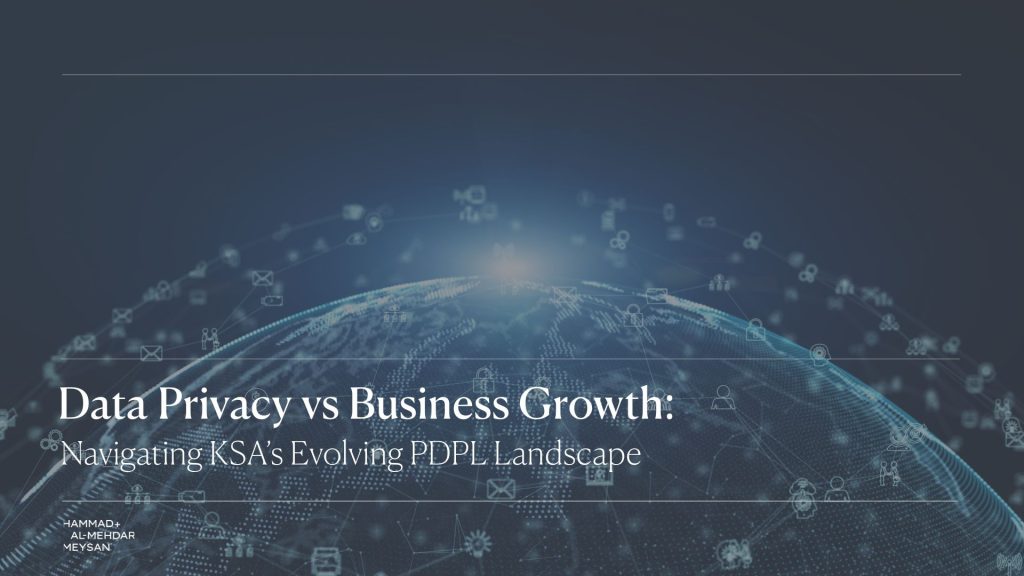
Esports has emerged as a rapidly growing sector in Saudi Arabia, reflecting the Kingdom’s broader ambitions under Vision 2030 to develop its digital and entertainment economy. With professional teams, tournaments, streaming platforms and brand sponsorships now integral to the industry, the legal landscape surrounding esports has become increasingly complex. Central to this ecosystem are contracts that govern the relationships between teams, players, organisers, and other stakeholders. Properly structured agreements not only protect commercial interests but also ensure regulatory compliance and long-term sustainability.
Team and Player Agreements
Contracts between esports organisations and players are the foundation of professional engagement. These agreements establish the rights and obligations of each party, including remuneration, performance expectations, standards of behaviour, and dispute-resolution mechanisms. Legal considerations include ensuring that contracts comply with employment law or, where appropriate, independent contractor arrangements. Special attention is required when contracting minors, as additional safeguards and regulatory compliance measures apply. Clearly drafted contracts help prevent disputes, protect teams’ operational interests, and secure players’ professional rights.
Intellectual Property Ownership
Intellectual property (IP) is a core asset in esports, encompassing team branding, game content, streaming footage, and proprietary digital assets. Teams and organisers must ensure that they hold the necessary licenses to use game titles and related intellectual property, while also protecting their own branding and content. Agreements should clearly delineate ownership and usage rights, including rights in broadcasting, merchandising, sponsorship, and digital distribution. Protecting IP rights through contracts is critical for monetisation, long-term brand value, and resolving disputes over content ownership.
Sponsorship and Commercial Arrangements
Esports rely heavily on commercial partnerships, including sponsorships, endorsements, and merchandising. Contracts in this context must clearly define each party’s rights and responsibilities, including branding placement, advertising compliance, revenue sharing, and exclusivity provisions. Transparency and compliance with consumer protection and advertising regulations are essential. Well-structured commercial agreements mitigate risk, enhance credibility with partners, and enable sustainable monetisation strategies.
Media and Streaming Rights
The digital nature of esports makes media rights a central consideration in contracts. Agreements governing streaming, broadcasting, and content distribution must ensure compliance with national media regulations, content standards, and licensing requirements. This includes adherence to rules relating to online platforms, advertising, and public communications. Legal frameworks should address licensing fees, revenue splits, territorial rights, and content usage restrictions, allowing esports organisations to leverage their digital presence while avoiding regulatory violations.
Data Protection and Cybersecurity
Esports contracts increasingly need to account for data protection and cybersecurity considerations. Online platforms collect and process significant volumes of personal data from players, viewers, and users. Compliance with the Personal Data Protection Law (PDPL) is critical, particularly for platforms that engage with minors or operate cross-border. Contracts should allocate responsibility for data handling, consent management, and security measures to prevent breaches, maintain trust, and ensure regulatory compliance.
Dispute Resolution and Governing Law
Given the international nature of esports, contracts should incorporate clear dispute resolution mechanisms. Arbitration or mediation clauses provide neutral and enforceable avenues for resolving conflicts, particularly where parties are based in different jurisdictions. The choice of governing law and jurisdiction must be carefully considered to balance enforceability with operational practicality. Effective dispute resolution frameworks preserve relationships, protect reputations, and ensure business continuity.
Esports contracts are central to the professionalisation and commercial success of the industry in Saudi Arabia. By carefully structuring agreements between teams, players, sponsors, and platforms, organisations can protect intellectual property, ensure regulatory compliance, manage risks, and maximise commercial value. In an evolving sector driven by digital platforms, tournaments, and sponsorships, proactive legal planning is essential to support sustainable growth and safeguard the interests of all stakeholders.

